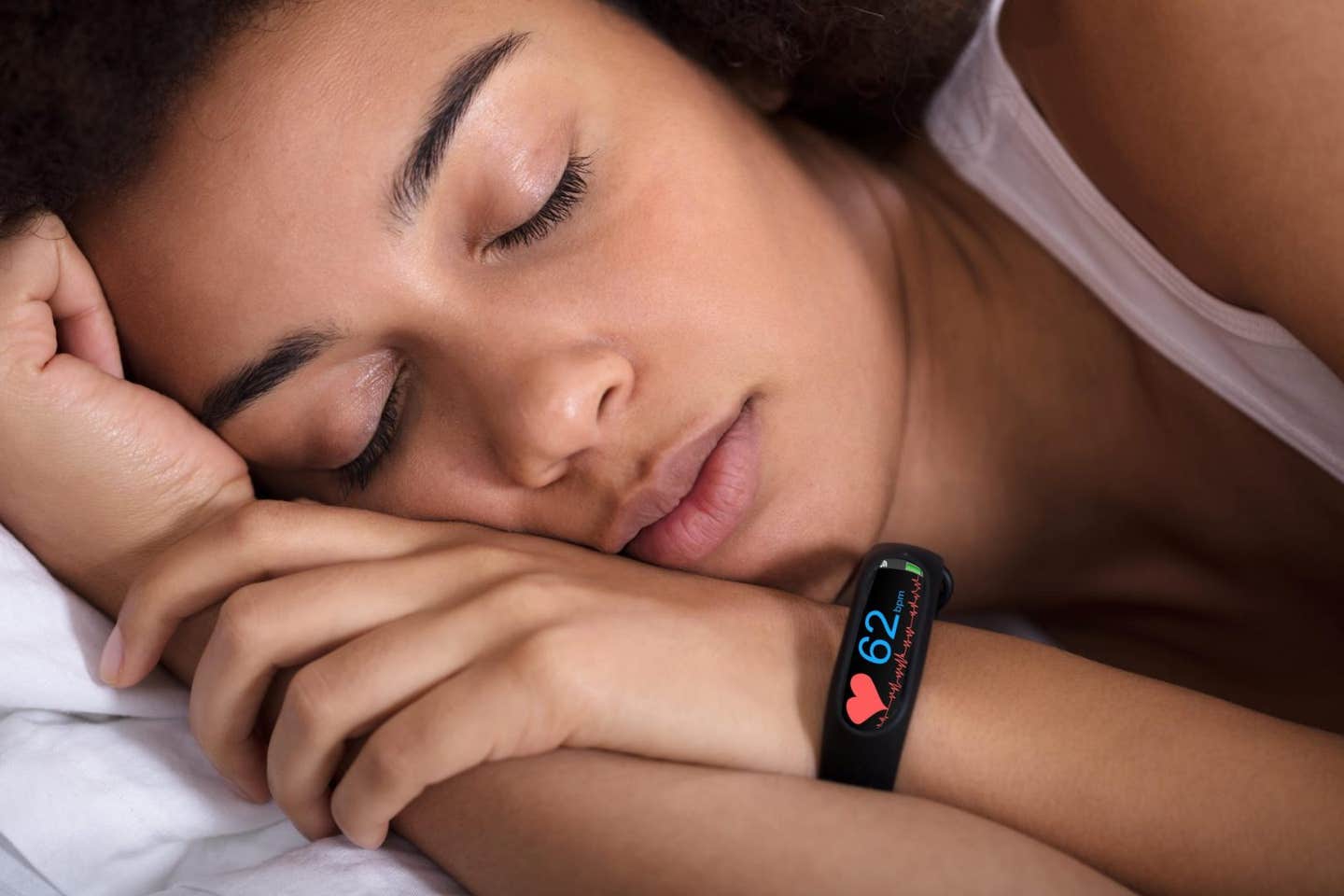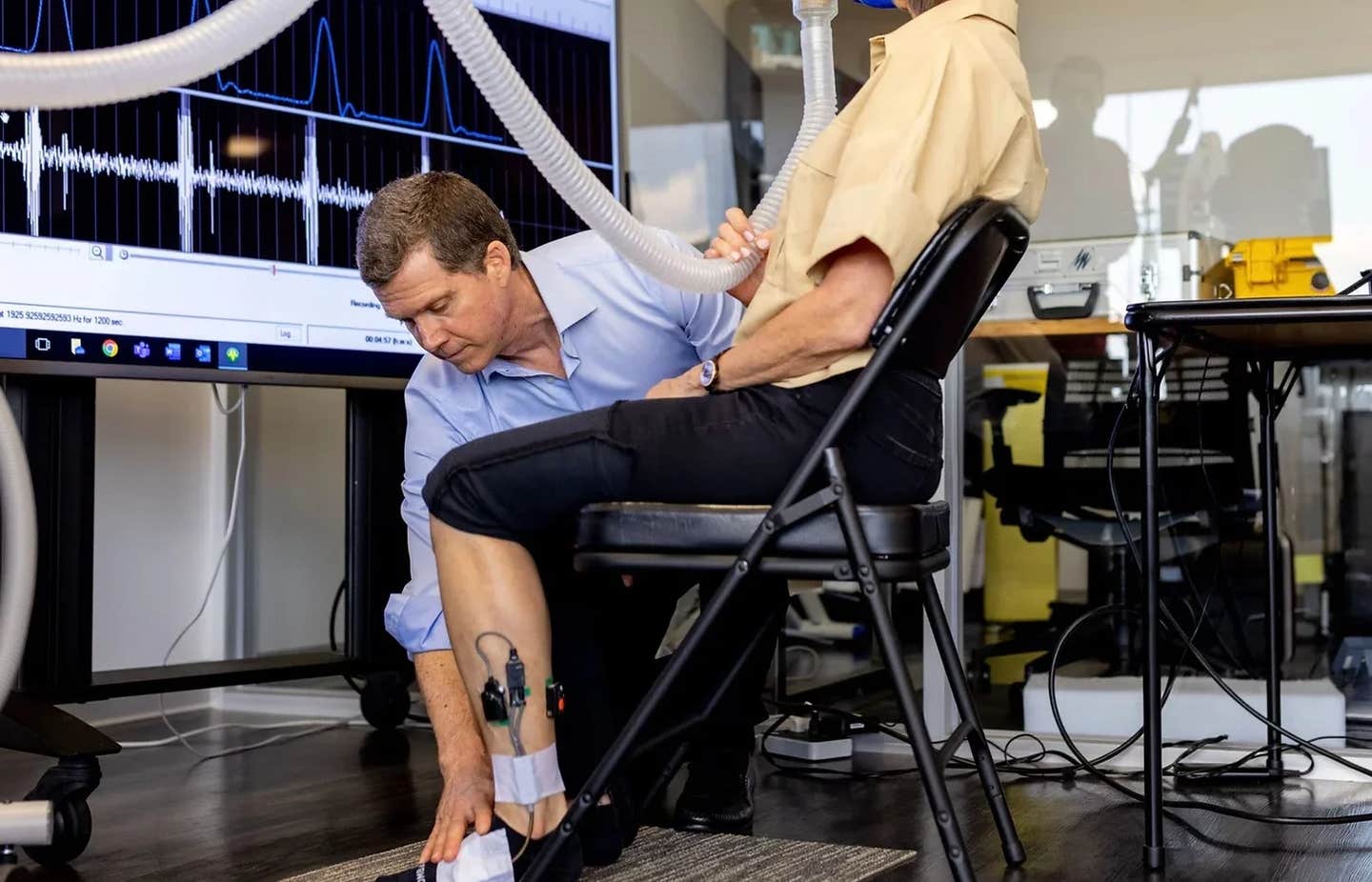How people feel about their sleep matters more than sleep quality, study finds
When it comes to sleep, it seems that perception might have a more significant impact on our well-being than reality.

[Aug 7, 2023: Staff Writer, The Brighter Side of News]
Getting more sleep seems to provide big benefits. (CREDIT: Creative Commons)
The modern era, with its myriad of wearable technology and devices, has allowed us to have insights into various facets of our lives. One such sector that has seen rapid advancements is sleep tracking technology.
From wearables that measure heart rate variability to apps that analyze our sleep cycles, the market is flooded with options. But how accurate are these trackers in gauging the quality of our sleep? And, more importantly, how much importance should we place on their readings?
A recent study led by the University of Warwick has shed some light on this subject. The research digs into the age-old debate of perception versus reality, and when it comes to sleep, it seems that the former might have a more significant impact on our well-being.
Over the course of two weeks, more than 100 participants between the ages of 18 and 22 were closely observed. Their task was simple: maintain a daily sleep diary. Each morning, participants would detail the previous night's sleep, noting specifics such as when they went to bed, the time it took to drift off, their waking moments, and the time they rose from bed. The crux, however, was how they felt about their sleep. Was it refreshing, or did they toss and turn?
Related Stories
To supplement this self-reported data, participants were outfitted with actigraphs on their wrists. These devices, through motion tracking, help in estimating sleep patterns and cycles.
Throughout the day, participants rated their emotions and gauged their life satisfaction. Was a good night's sleep indicative of a better mood and a higher sense of fulfillment?
Upon comparing the actigraphy data with self-reported sleep quality, researchers discovered a fascinating pattern. Dr. Anita Lenneis, lead author from the University of Warwick’s Department of Psychology, explained, “Our results found that how young people evaluated their own sleep was consistently linked with how they felt about their well-being and life satisfaction.”
The influence of sleep on subjective well-being. Scores against positive, negative and life satisfaction sentiments. (CREDIT: Emotion)
In layman terms, if participants believed they slept well, it invariably led to them experiencing heightened positive emotions and greater satisfaction with life the next day. The twist, however, was that the actual data from the sleep trackers—specifically a metric known as sleep efficiency—had no association with the participants' well-being.
To further highlight the distinction between perception and technology, Professor Anu Realo from the University of Warwick’s Department of Psychology weighed in, “It’s people’s perception of their sleep quality and not the actigraphy-based sleep efficiency which matters to their well-being.”
The influence of between-person sleep on subjective well-being. Scores against positive, negative and life satisfaction sentiments. (CREDIT: Emotion)
The crux of the study underlines an essential truth about human psychology. We operate largely on perceptions. Our mood, our outlook towards the day, and even our well-being is tied into how we perceive events, including the quality of our sleep.
As Dr. Lenneis puts it, “Even though a sleep tracking device might say that you slept poorly last night, your own perception of your sleep quality may be quite positive. And if you think that you slept well, it may help better your mood the next day.”
But this isn't to say that sleep trackers don't have value. Their real worth may lie in shaping perceptions. “On the contrary, if a sleep tracker tells you that you slept well, but you did not experience the night as such, this information may help you to reassess how well you actually slept,” Dr. Lenneis elucidated.
Professor Anu Realo from the University of Warwick’s Department of Psychology. (CREDIT: University of Warwick)
In an era where data is abundant, and technology seeks to quantify every aspect of our lives, it's essential to remember the human element. While trackers can offer objective readings, our perception of events plays a significant role in our mental and emotional well-being.
The study, titled The Influence of Sleep on Subjective Well-Being: An Experience Sampling Study, serves as a timely reminder of the intricate balance between technology and self-perception, highlighting the need to prioritize our feelings and emotions over mere numbers on a screen. It is now available for further reading in the journal Emotion.
Note: Materials provided above by The Brighter Side of News. Content may be edited for style and length.
Like these kind of feel good stories? Get the Brighter Side of News' newsletter.
Joseph Shavit
Head Science News Writer | Communicating Innovation & Discovery
Based in Los Angeles, Joseph Shavit is an accomplished science journalist, head science news writer and co-founder at The Brighter Side of News, where he translates cutting-edge discoveries into compelling stories for a broad audience. With a strong background spanning science, business, product management, media leadership, and entrepreneurship, Joseph brings a unique perspective to science communication. His expertise allows him to uncover the intersection of technological advancements and market potential, shedding light on how groundbreaking research evolves into transformative products and industries.



